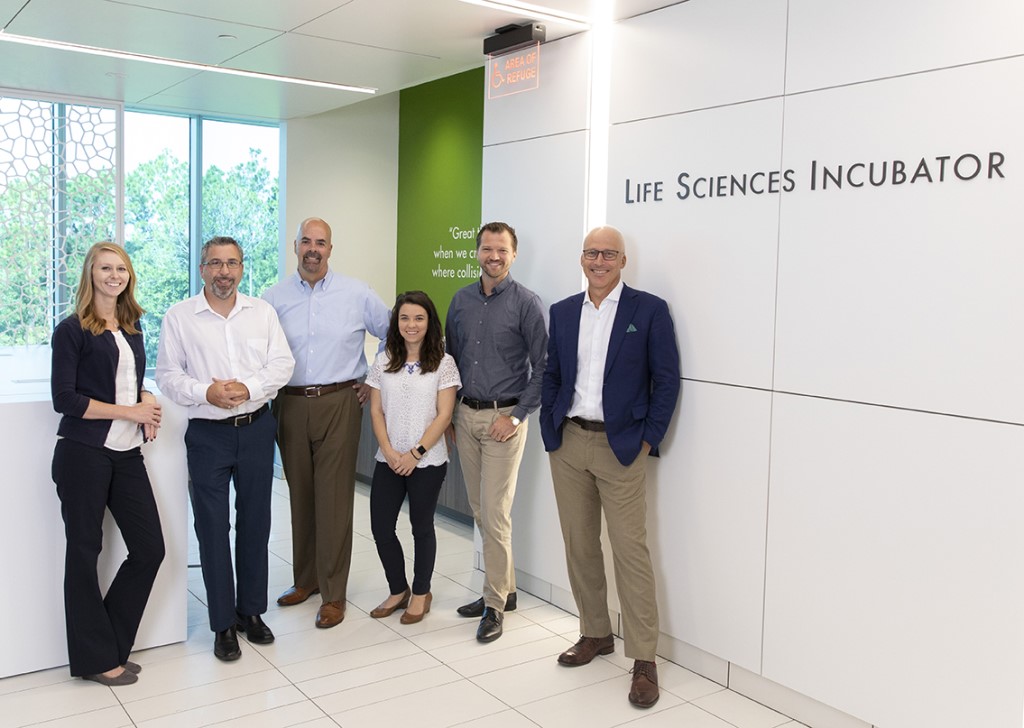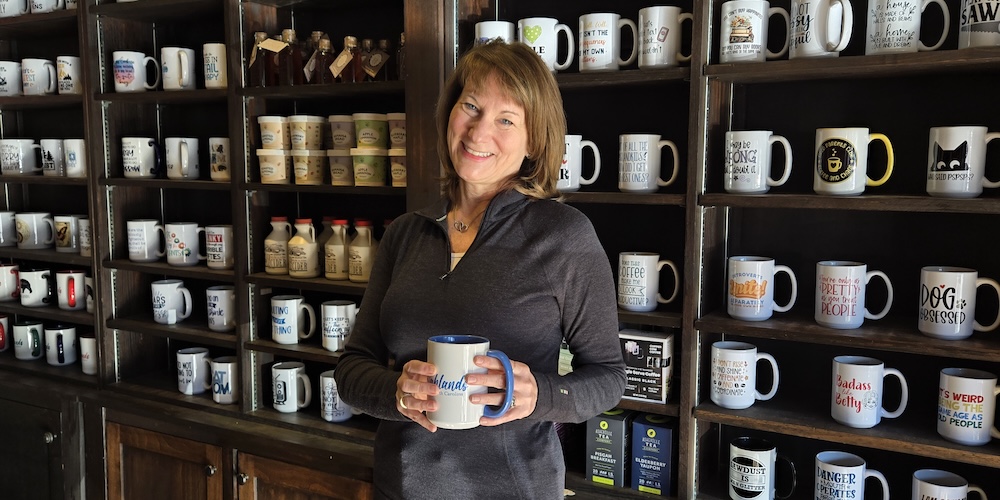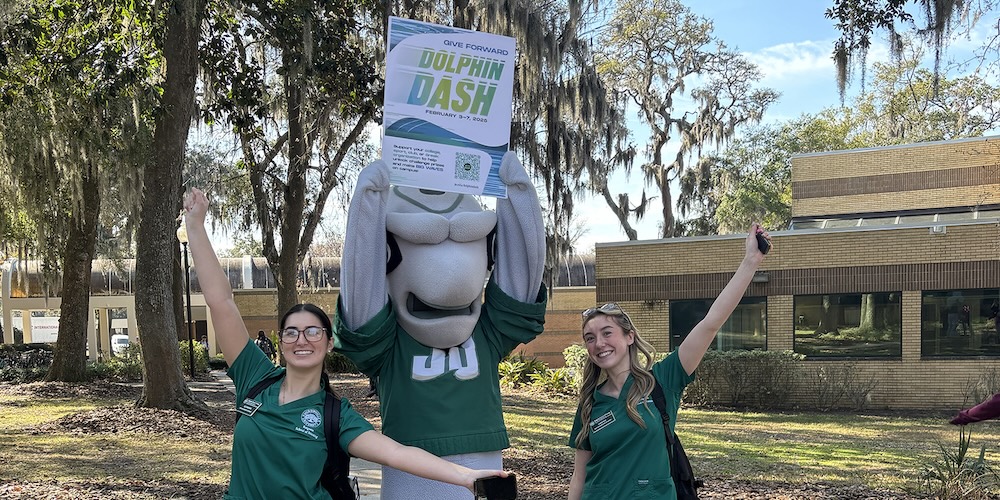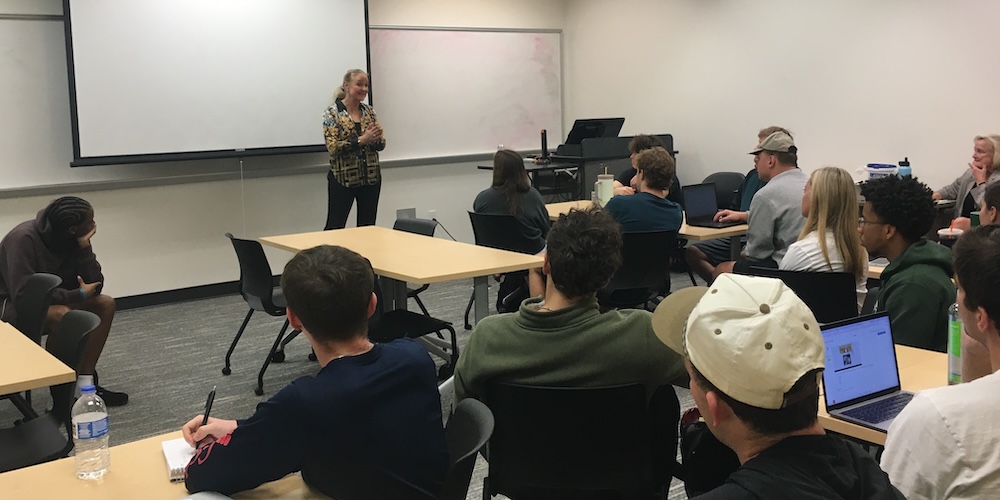Jacksonville University partner Mayo Clinic opened its $32.4 million Discovery and Innovation Building last week which includes the Life Sciences Incubator for biotech entrepreneurs.
The Life Science Incubator offers help to design, launch and grow companies that have innovative and potentially marketable ideas for healthcare or life science products or services.

“This partnership provides opportunities for our students to engage in meaningful practical experience in engineering, computing and business as well as research and mentorships,” says Dr. Murat Tiryakioglu, Executive Vice President for JU Science Technology Engineering Arts and Mathematics (STEAM) initiative, who is the university liaison to the Life Science Incubator.
The staff at the Life Sciences Incubator helps build relationships between entrepreneurs and the people and institutions, such as JU, that can help them build their businesses. In July, the U.S. Economic Development Administration awarded the incubator a $750,000 i6 Challenge grant. The grant provides capital to help more than a dozen regional partners in Northern Florida and Georgia provide facilities, equipment, education, and world renowned medical thought leadership to entrepreneurs. The incubator is projected to facilitate between $9.6 million to $12 million in direct economic impact and create 120 new jobs within 5 years.
“It’s going to give Mayo innovators an opportunity to bring new products and technologies to market, hopefully creating new companies that would provide more jobs,” said the incubator’s Executive Director Vic Nole. “At the same time, part of our strategy is to attract life sciences and health care companies from across the U.S. and the world that would have an interest in co-locating with Mayo Clinic.”
Other Life Sciences Incubator partners include the University of North Florida’s Center for Entrepreneurship and Innovation, PS27 Ventures, the University of Central Florida, the University of Florida and Georgia Tech.
“The Life Science Incubator’s approach is to build relationships,” Dr. Tiryakioglu says. “Our students will benefit from those relationships, and we increase opportunities for our students to have real-life experiences while still in college.”


